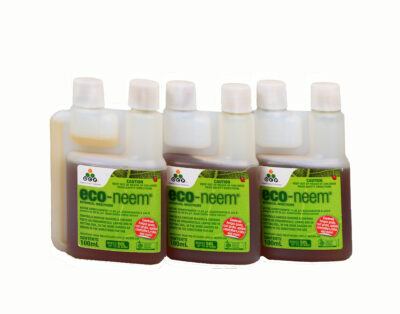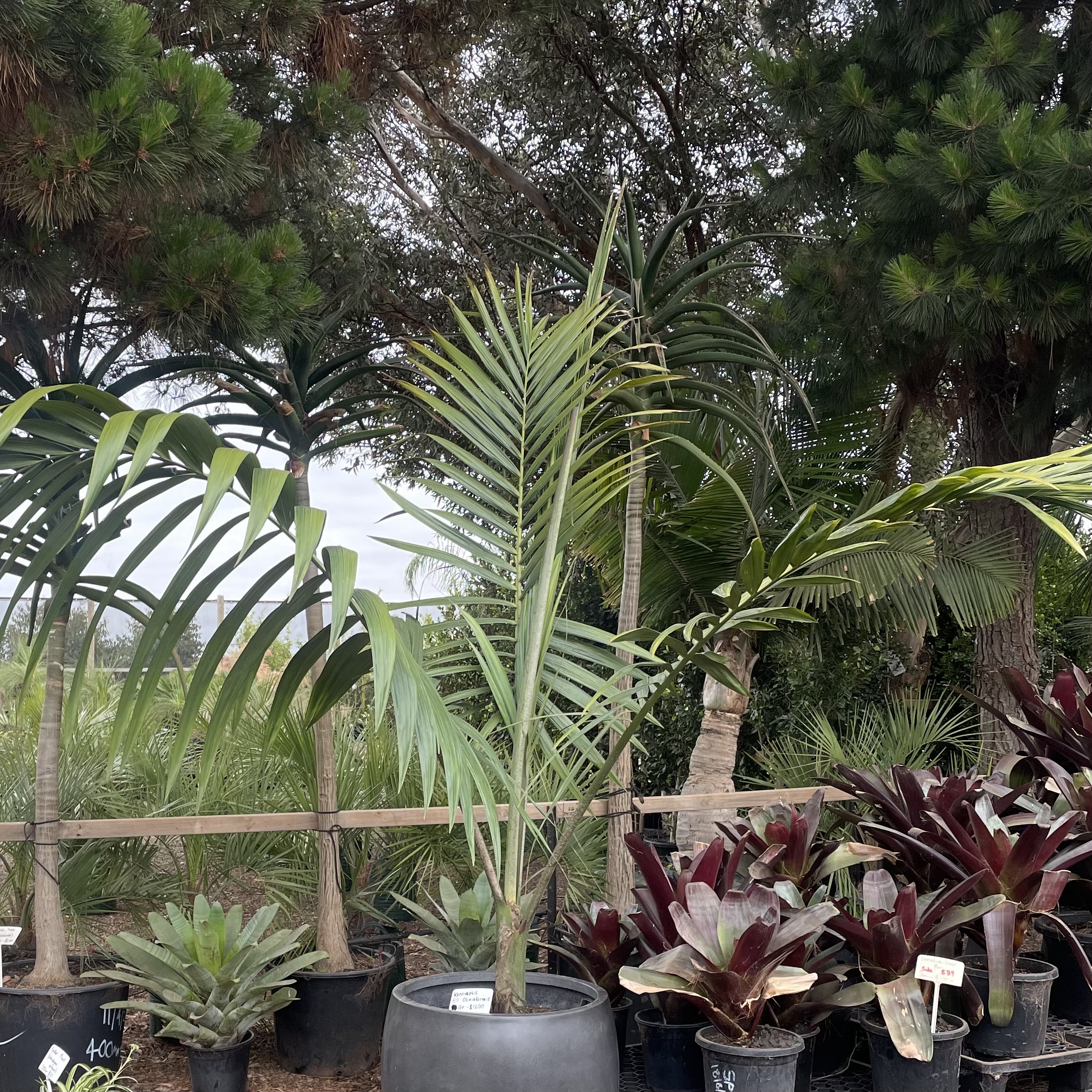In the tranquil confines of our indoor sanctuaries, where lush greenery flourishes and serenity abounds, the emergence of scale insects can disrupt the harmonious balance of our botanical haven. These tiny pests, often farmed by ants, pose a significant threat to the health and vitality of our indoor plants if left unchecked. Fear not, for there exists a natural, eco-friendly solution in the form of eco oil. Join us as we explore the insidious nature of scale insects, their symbiotic relationship with ants, and the effective utilization of eco oil to combat their encroachment while preserving the sanctity of our indoor oasis.
Understanding Scale Insects:
Scale insects, diminutive yet destructive, are formidable adversaries in the realm of indoor gardening. These stealthy pests, belonging to the Coccoidea family, have a penchant for latching onto the stems, leaves, and branches of indoor plants, where they proceed to feed on sap using their piercing mouthparts. Scale infestations often manifest as small, waxy bumps or shells, varying in color from white to brown or black, depending on the species.
The Ant-Scale Symbiotic Relationship:
One of the most intriguing aspects of scale insects is their symbiotic relationship with ants, a dynamic that can exacerbate infestations and complicate control efforts. Ants, acting as unwitting accomplices, “farm” scale insects by tending to them much like livestock. In exchange for a steady supply of honeydew, a sugary substance excreted by scale insects as they feed, ants offer protection from natural predators and may even relocate scales to more favorable feeding sites. This mutually beneficial partnership can bolster scale populations and make them more challenging to eradicate, underscoring the importance of integrated pest management strategies.
The Devastating Impact of Scale Infestations:
Left unchecked, scale insects can wreak havoc on our cherished indoor plants, precipitating a cascade of detrimental effects:
- Diminished Vitality: Scale feeding deprives plants of vital nutrients, leading to stunted growth, yellowing leaves, and overall diminished vitality.
- Unsightly Damage: Infested plants may exhibit unsightly waxy bumps or shells, detracting from their aesthetic appeal and diminishing their ornamental value.
- Sooty Mold: The sticky honeydew excreted by scale insects serves as a breeding ground for sooty mold, a dark, unsightly fungus that can coat leaves and inhibit photosynthesis.
- Weakened Defenses: Prolonged infestations can compromise a plant’s natural defenses, rendering it more susceptible to secondary pests and diseases.
Combatting Scale with Eco Oil:
In the quest to reclaim our indoor oasis from the clutches of scale infestations, eco oil emerges as a beacon of hope—a natural, eco-friendly solution that delivers potent pest control without compromising environmental integrity.
Best Practices for Using Eco Oil:
- Identification: Thoroughly inspect your indoor plants for signs of scale infestation, paying close attention to stems, leaves, and branches. Scale insects may appear as small bumps or shells, and their presence may be accompanied by sticky honeydew or sooty mold.
- Application: Dilute eco oil according to the manufacturer’s instructions and apply it directly to affected plant parts using a handheld sprayer or brush. Ensure thorough coverage, targeting both the upper and lower surfaces of leaves and stems.
- Repeat Treatments: Repeat eco oil applications at regular intervals, typically every 7-14 days, to effectively target newly hatched scale nymphs and disrupt the insect’s life cycle.
- Ant Control: Address ant populations in your indoor environment to disrupt their symbiotic relationship with scale insects. Implement ant baits or barriers to deter ants from accessing plants, reducing their ability to farm scales.
- Monitoring and Prevention: Maintain vigilance by regularly monitoring your indoor plants for signs of scale reinfestation. Implement cultural practices such as proper watering, ventilation, and plant hygiene to promote plant health and resilience against pests.
In conclusion, scale infestations represent a formidable challenge to the well-being of our indoor oasis, but with the eco-friendly prowess of eco oil at our disposal, we can reclaim our botanical haven and foster a thriving indoor environment in harmony with nature. By understanding the nuanced dynamics of scale insects and their relationship with ants, we can implement targeted strategies to combat infestations and safeguard the vitality of our beloved indoor plants. Let us embrace the power of eco-conscious pest management and cultivate a haven of greenery that flourishes in the embrace of nature’s resilience.





